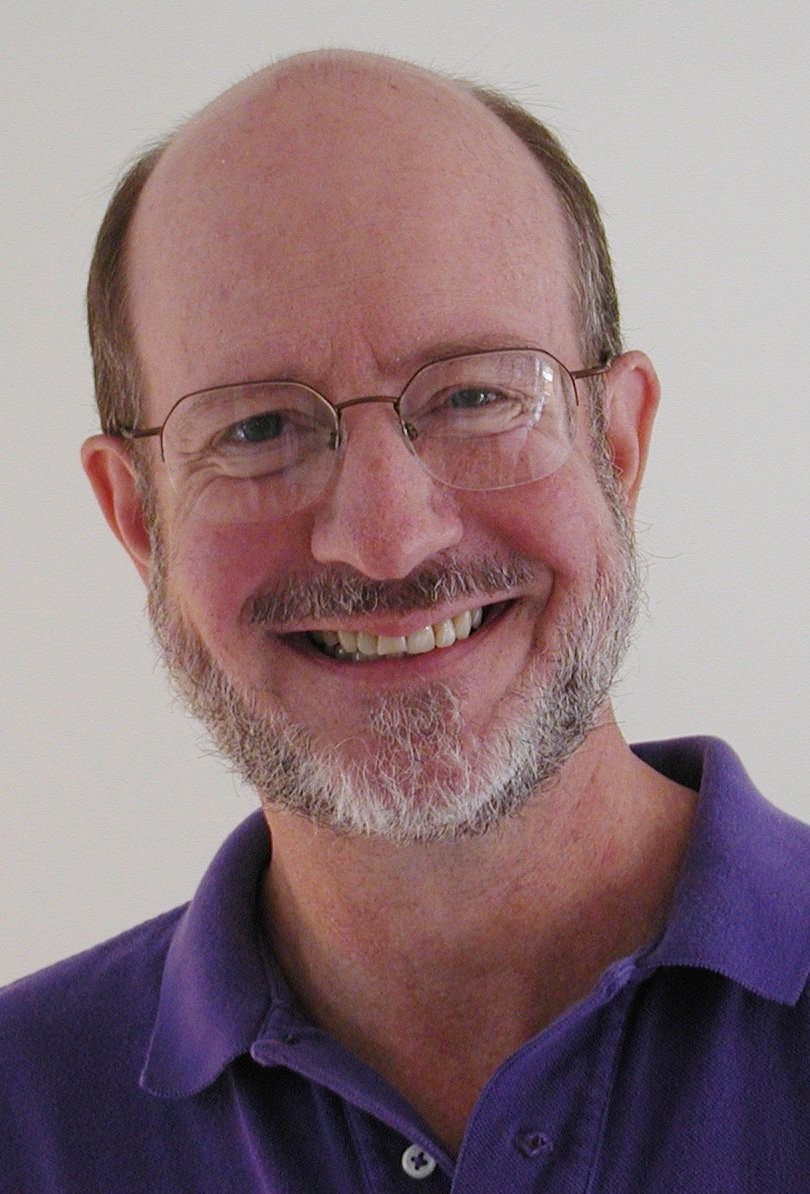When I was in the seminary there was a saying that originated on a poster with a big cross on it that said, “What really died on the cross was fear.” The poster was old and ragged and torn and was in the guest wing of the seminary, where second hand things were put. But the poster fascinated me and I often went out of my way to look at it and took others with me. I would take people on a little pilgrimage to the truth. And people were always impressed. They would repeat the phrase in a pondering tone of voice, “What really died on the cross was fear.” Then we would just be quiet, as if we were listening to a deep yes inside of ourselves. Recently I have thought of a saying for Christmas. I have no poster, only the saying so you will have to imagine the poster: the little town of Bethlehem with a star shining down upon it making it look majestic and shepherds and wise men pointing and creeping towards the little city on a hill. Below the picture would be the saying, “What was really born in Bethlehem was consciousness.” That’s what Cayce said, that consciousness was born in Bethlehem, a saving consciousness, a way to see with the shining eyes of love rather than the condemning eyes of fear.
This saying about consciousness being born in Bethlehem is a relief to me. A big relief. For years I’ve had a secret, which I’ll tell you in a minute. The customary belief of course is that baby Jesus was born in Bethlehem, that Christmas is his birthday, and since we all love and adore Jesus we celebrate his birthday with lavish joy and encourage the revelers to remember the reason for the season and put Jesus back in Christmas. The secret is that I’ve never loved and adored Jesus. I have tried to become Jesus oriented. One year, trying to get into this Jesus spirit, I sent a Christmas card to everyone which pictured Santa Claus kneeling at the manger. But this devotion to Jesus as my lord, my hero, my savior always has eluded me. Frankly, it’s put me off. What exactly was Jesus saving us from? How is Jesus our savior? When I asked people they would answer as they had been taught, he saves us from our sins. If I believe in Jesus, the story goes, God has mercy on me and I probably go to heaven, if I don’t believe in Jesus God throws the book at me and I end up going to the dentist everyday for eternity (my version of hell). As I heard confessions I realized that Jesus didn’t save people from their sins as much as he saved them from God’s punishment for their sins. If I have a friend in Jesus, St. Peter winks and lets me through the pearly gates, if I haven’t cultivated this friendship I’m toast. It was silly that Jesus would save us from the wrath of God. That’s not salvation, that’s a dysfunctional family. But if Jesus came to save us from our consciousness, how we see things, how we relate to each other and ourselves, that would make more sense.
I found a key in the parables, 80% of the parables are about money. The prodigal son, the good Samaritan, the parable of the talents, Jesus holds up a coin with Ceasar’s picture on it and says “give to Caesar what is Caesar’s and to God what is God’s”, a woman throws a party because she finds a lost coin. Even the Lord's Prayer talks about God forgiving our debts as we forgive our debtors (the original Greek text). The old consciousness is about our thinking we are not enough, that we don’t have enough ourselves, and that those who we live with are not enough for us. This not enough is everywhere, especially country music: I’m just a honky tonk cowboy in love with an angel or later Your cheaten heart will tell on you, your cheaten heart will make you blue, You’re not enough for me, I’m not enough for you. Story of the world. And low one night, in the middle of a place where there wasn’t room enough, or money enough, or enough recognition there was born the consciousness of more than enough, the promise of life that would have no end, the promise of love that would have no limit.
Now lets turn to Jesus, not worshipfully, but curiously, watching and listening for how it was to be around him. Wherever Jesus went there was always more food appearing, at picnics more bread and fish, at weddings more wine, and this was only what was reported. I suspect that there were everyday multiplications, One of the disciples would say, “Look Andrew my pockets are full of almonds!” Or, “Have you ever noticed Judas that we never run out of lemon meringue pie, and that canteen Jesus passes around, he never fills it up anywhere?” The disciples were always catching too much fish---you always knew the boat Jesus was on because it was always really low in the water. I suspect the disciples gained a lot of weight in those three years with Captain Abundance, Peter probably thought he couldn’t keep walking on water because he was too fat, and although we usually see Jesus depicted as slightly anorexic looking on the cross, he may have been rather plump, more like the Buddha. In the earliest icon of the crucified Jesus he is portrayed with a pot belly. He probably said to Mary Magdalene during one of her swarees, “I will have another of your hors d'oeuvres, the olive pattee is heavenly.” The thing that attracted me to the Catholic church was that the central act of worship was a meal. Over time the helpings became too small, not the spirit of Captain Abundance. (One time at the seminary we had Mass with big loaves of bread and our own goblets of wine. Now that was church!) And he saw people as perfectly themselves. He said, “I know you see yourself as sick, I know you don’t feel like you’re enough, but you are enough, dear treasure.” And sure enough, they were enough, the crippled danced away, the lepers were cleansed and ran to find a mirror. They changed their minds about who they were because of the consciousness of abundance born in Bethlehem which means the House of Bread.
This Christmas take Cayce to heart. A new consciousness was born at Christmas and every Christmas we have the chance for a new consciousness to be born in us. That consciousness may take the form of forgiveness or healing or blessing or generosity or simple peace. As George Harrison said in his song about Mary, “Let it be, let it be.”






